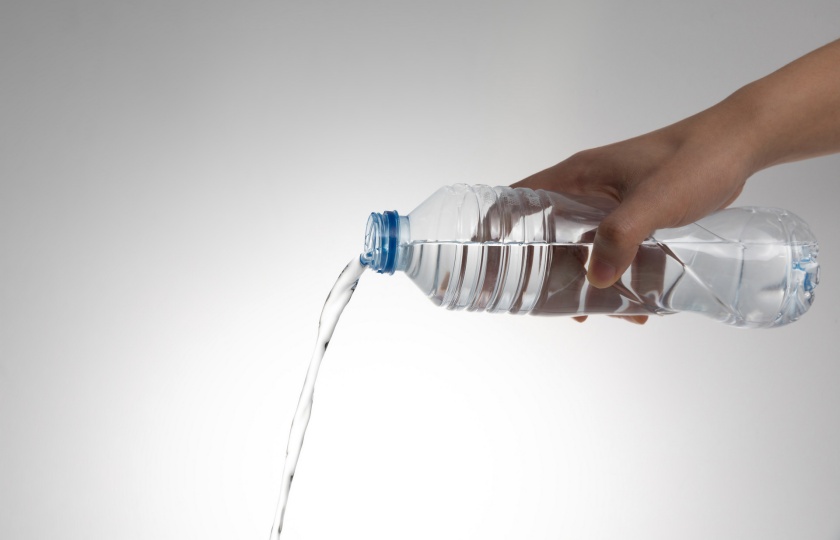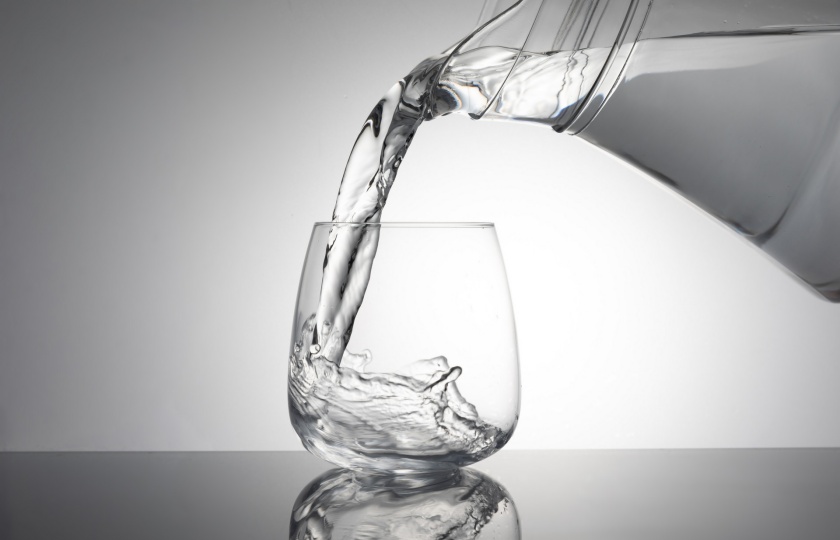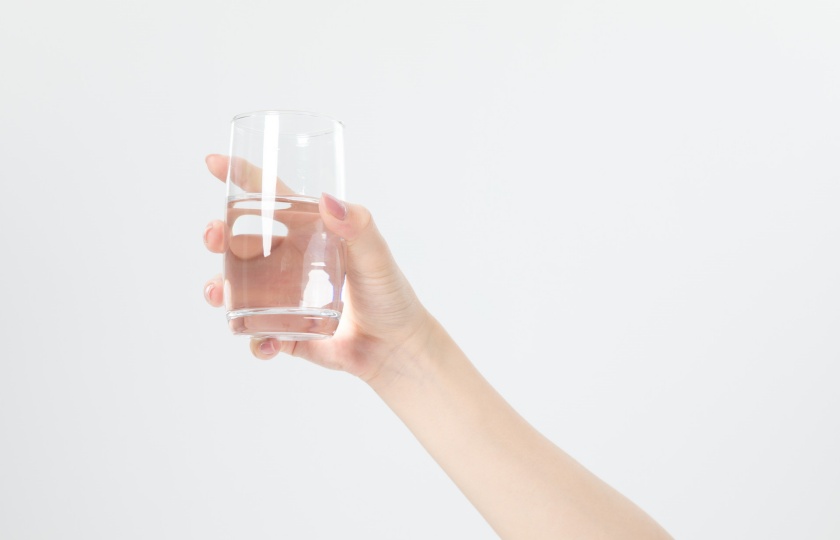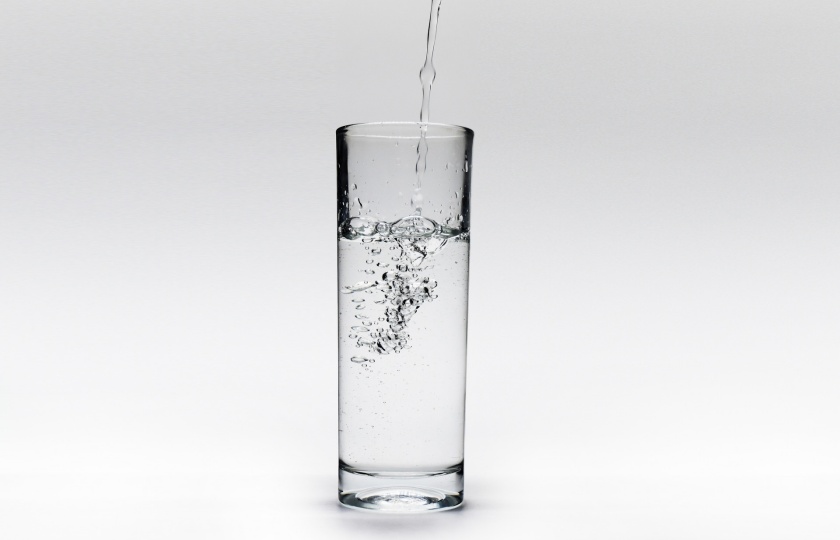Does Distilled Water Go Bad?Quick Key Points to Know

The distilled water at home has been sitting for a while. I'm not sure if distilled water has an expiration date. Today, let's discuss whether distilled water can go bad. Come and take a look!
Can Distilled Water Go Bad?
Distilled water refers to pure water obtained through distillation and condensation operations. It contains almost no minerals, microorganisms, or other impurities. Under ideal conditions, when distilled water is completely sealed and does not come into contact with outside air or impurities, it will not go bad, that is, it will not deteriorate.
However, if the distilled water has been opened and come into contact with air, then there are various microorganisms in the air. These substances will enter the distilled water along with the air. At the same time, substances such as impurities and dust in the air may also change the purity of the distilled water, and it may go bad under such circumstances.
Moreover, even if the distilled water has not been opened but is stored improperly, it may still go bad. For example, in a high-temperature environment, the distilled water may cause the packaging material to change due to the high temperature, allowing harmful substances to migrate from the packaging into the water and affecting the water quality.
What Happens if You Use Expired Distilled Water?
From a cooking perspective, the following may occur when using expired distilled water:

Expired distilled water is contaminated by microorganisms. Microorganisms such as bacteria, molds, and yeasts multiply in large numbers in the water. After drinking or using it for cooking, it may cause intestinal infections, resulting in symptoms such as abdominal pain, diarrhea, and vomiting. In severe cases, it may even cause food poisoning and affect physical health.
If distilled water is stored for too long, it may react chemically with the packaging material. Plasticizers in plastic packaging may dissolve into the water. Long-term ingestion of water containing such harmful substances will accumulate in the body and may cause damage to organs such as the liver and kidneys.
Expired distilled water may cause food to deteriorate or produce harmful substances.
The reproduction of microorganisms may change the taste and smell of the water, affecting the taste and quality of the final food product.
Although distilled water itself is very pure, the contaminated water after expiration may contain harmful microorganisms or their metabolites. Ingestion may cause discomfort or illness.
How Can You Tell if Distilled Water is Bad?
You can determine it from the following aspects:
Observe the Appearance
Good-quality distilled water should be colorless and transparent. If there are impurities, turbidity, or abnormal color in the water, it indicates that it may have been contaminated.
Smell the Odor
Good distilled water is colorless and odorless. If the distilled water has an unusual smell, such as an acidic smell, a musty smell, or a chemical odor, it means it has gone bad and is not recommended for consumption.
Detect Microorganisms
Professional testing can be carried out. Distilled water has a very low electrical conductivity and contains almost no conductive ions. An electrical conductivity meter can be used for detection. If it is found that the electrical conductivity of the distilled water has increased significantly, it means that other electrolyte impurities may have been mixed into the water, and the purity of the water has decreased.
Detect the pH Value
pH value testing can be carried out. Under normal circumstances, the pH of distilled water is around 7. If the pH value deviates significantly from 7, it indicates that the water has absorbed carbon dioxide or other impurities from the air.
Why is It Not Recommended To Drink Distilled Water?
It's not recommended to drink it for a long time.
First of all, it should be noted that distilled water can be drunk. It has a wide range of uses in cooking and beverage making, such as making tea, coffee, or making desserts and beverages that require pure water. However, it is best not to drink it for a long time.

Because distilled water removes both organic and inorganic substances in the water. Long-term drinking cannot meet the body's absorption requirements for essential substances, thus affecting human health. Therefore, it is not recommended to drink distilled water for a long time.
What Can I Use Instead of Distilled Water?
Purified Water
Purified water refers to water without impurities, meeting the hygienic standards of domestic drinking water and containing no additives. Similar to distilled water, it provides relatively pure water and can be used for cooking and beverage making.
Deionized Water
Deionized water is a type of specially treated water with a very high resistivity and contains almost no impurities and salts. It has a high purity and can be used as a substitute for distilled water in occasions that require pure water, such as cooking and experiments.
Ultra-pure Water
Ultra-pure water is a higher-grade purified water with an even higher resistivity and lower impurity content. However, the price is relatively high. If you have extremely high requirements for water quality, ultra-pure water is a good choice.
Distilled vs. Purified vs. Spring Water
Source
Distilled Water: Obtained by heating water to evaporate it through distillation and then condensing it back into water.
Purified Water: Treated through processes such as reverse osmosis, ion exchange, and distillation to meet the local drinking water standards.
Spring Water: Derived from natural underground water sources and is a type of natural water.

Composition
Distilled Water: Contains almost no minerals and impurities and is the purest form of water.
Purified Water: Most impurities and minerals are removed, with a small amount of trace elements retained.
Spring Water: Contains natural minerals and trace elements, and the composition varies depending on the water source.
Process
Distilled Water: Removes most impurities through heating evaporation and condensation.
Purified Water: Adopts technologies such as reverse osmosis and ion exchange to remove harmful substances and minerals.
Spring Water: Usually only requires simple filtration or disinfection to retain natural minerals.
Usage
Distilled Water: High purity, mainly used in laboratories, the medical field, and industrial applications.
Purified Water: For daily drinking, cooking, and cleaning.
Spring Water: Can be directly drunk and is also suitable for cooking, with a good taste.
Impact on Health
Distilled Water: Lacks minerals, and long-term drinking may lead to insufficient mineral intake.
Purified Water: Lacks minerals and is not recommended for long-term drinking.
Spring Water: Contains natural minerals, which is more beneficial for supplementing the body's required trace elements.























